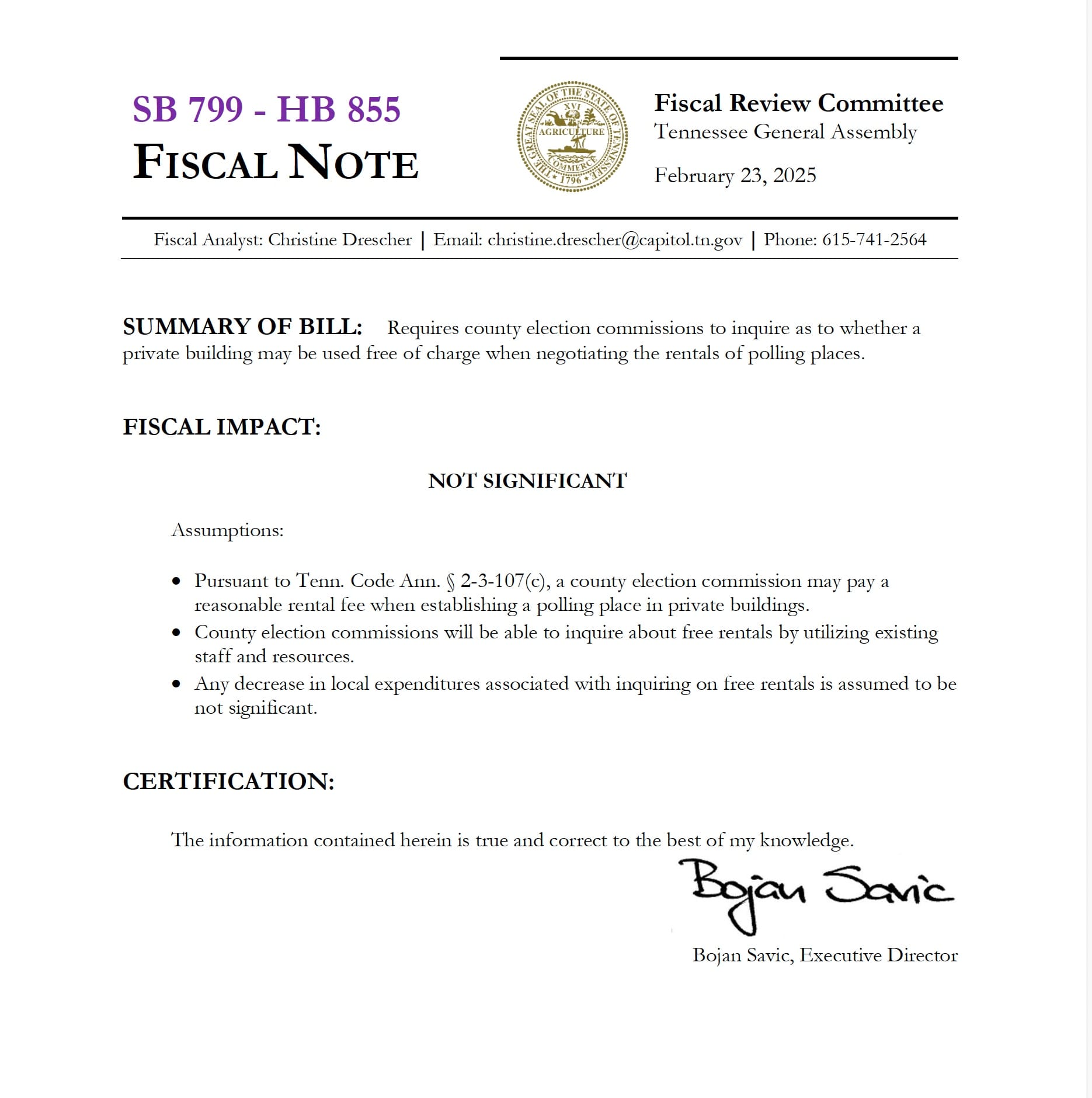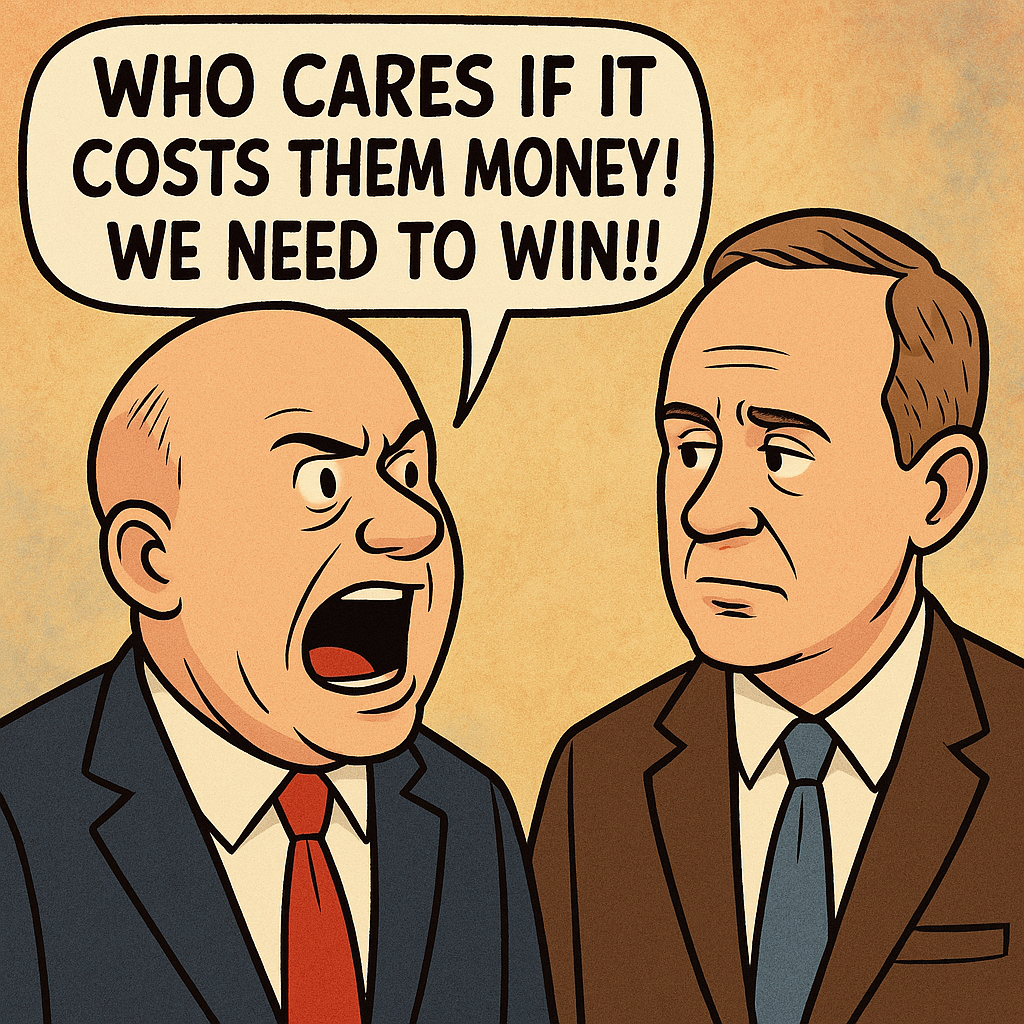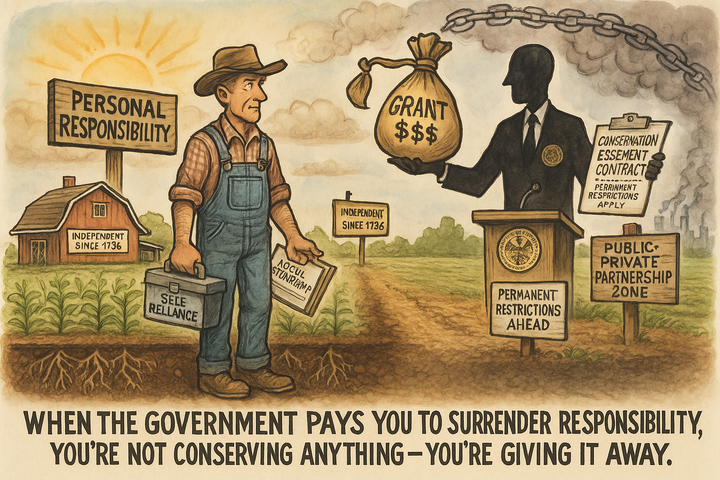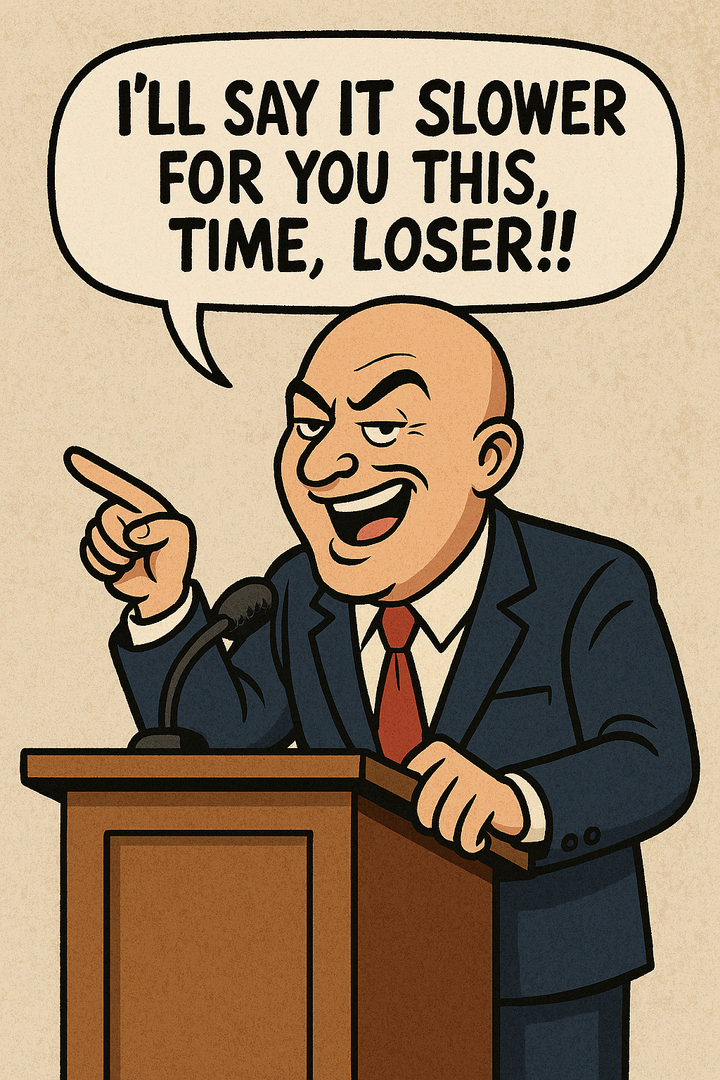SB0799/HB0855 would force Tennessee counties to use costly primaries for local races, stripping party choice and burdening rural budgets. Critics say it's unconstitutional, retaliatory, and a power grab by wealthy lawmakers ignoring grassroots voices.
By TruthWire News | April 4, 2025
A bill advancing through the Tennessee General Assembly that would require county political parties to use state-run primary elections to nominate candidates is drawing fierce backlash from grassroots Republicans and local party leaders, who argue it is unconstitutional, fiscally irresponsible, and politically motivated.
Senate Bill 0799, sponsored by Senator Jack Johnson (R-Franklin), and its House companion HB0855, would prohibit county political parties from using conventions or caucuses to nominate candidates for partisan offices—methods long relied upon in rural Tennessee to avoid the costs of state-administered primaries and ensure ideological clarity.
Johnson defended the bill in committee by citing a 1937 law passed during an extraordinary session of the General Assembly, which required primaries for gubernatorial, legislative, and congressional races. He described SB0799 as a natural extension of that statute.
“There was an extraordinary session that occurred in 1937 when the General Assembly passed a statute to require the primaries for those offices,” Johnson stated. “What we’re doing here is extending that to local races.”
But critics argue that this defense is not only outdated—it’s constitutionally hollow. At the time that 1937 statute was passed, the U.S. Supreme Court had not yet issued a single ruling affirming the First Amendment rights of political parties as private associations. The legal environment of the era gave the state far more unchecked authority over political structure than what is recognized today.
In fact, rather than validating SB0799, its reliance on a nearly century-old statute only underscores how far out of step the law is with modern constitutional protections. Landmark decisions—especially Tashjian v. Republican Party of Connecticut (1986) and Eu v. San Francisco Democratic Committee (1989)—have since reshaped the legal boundaries around political association. These rulings made clear that the state cannot mandate how a political party selects its candidates without violating constitutional rights.
Grassroots leaders argue that revisiting and expanding a statute from a time when these protections didn’t exist is not “legal housekeeping”—it’s an attempt to cement into law a process that would likely collapse under federal scrutiny today.
Johnson and Rep. Reeves have also claimed that only four or five counties in Tennessee still use conventions, framing the bill as a limited update. But Tennessee GOP State Executive Committeeman Chris Morris (District 28)—who has personally assisted in organizing caucuses across the state—disputes that number outright.
“I’ve helped counties all over Tennessee set up their conventions,” Morris told TruthWire. “Between my own experience and what I hear from other SEC members, at least 22 counties have used caucuses in the last two cycles.”
These counties aren’t choosing caucuses for novelty. They're doing it because, unlike primaries, the cost doesn’t fall on taxpayers. Under current law, political parties fund their own conventions. Primaries, on the other hand, are administered and paid for by county election commissions—using public funds.
Morris estimated that the average cost of a county-level partisan primary in Tennessee is around $35,000 and up from there, depending on county size and number of polling locations. For many rural counties, this cost would force local governments to divert funds away from essential services like public safety, education, and infrastructure.

Constituents in these areas are increasingly concerned that the bill’s sponsors—who represent Williamson County, the wealthiest county in the state—are pushing legislation that creates burdens for communities very different from their own.
“They’re ignoring the real costs,” Morris said. “In some counties, there’s not even a polling place big enough to host a meaningful primary. And that’s not a constitutionally compelling reason to force one.”
There is growing frustration that rural interests are being ignored while lawmakers from affluent districts dictate policy from a place of financial insulation. Many see SB0799 as a top-down power move with no regard for the fiscal pressures felt by smaller counties.
Beyond financial impact, the constitutional concerns are just as serious.
In Tashjian, Justice Antonin Scalia, writing for the majority, concluded that states may not interfere with a party’s right to control its nomination process, including decisions about opening or closing primaries. In Eu, the Court struck down state laws that interfered with internal party governance, emphasizing that the state must meet an extraordinarily high standard to justify such intrusions.
Critics argue SB0799 does exactly what these rulings prohibit: it compels all parties—regardless of history, preference, or practicality—to use a single, state-controlled method of nomination.
The bill’s grandfather clause adds another layer of legal risk. Counties that used conventions in 2022 or 2024 may continue to do so—but only if they never switch to a primary. Once a county uses a primary, it forfeits the right to return to a convention forever.
This, grassroots activists argue, is a violation of the Equal Protection Clause of the Fourteenth Amendment—offering unequal treatment based not on need or logic, but purely on historical happenstance.
The political context of this legislation further raises suspicions about motive.
In both 2023 and 2025, grassroots conservatives won sweeping victories over establishment-backed slates during the Williamson County GOP reorganization conventions. These victories diminished the influence of Senator Johnson and Rep. Reeves—both vocal supporters of the losing establishment.
Many in the grassroots believe SB0799 is not reform—but retaliation. And Morris points to efforts during the 2025 reorganization that support that view.
“They were harvesting data, not registering people properly,” he said, referring to a mailer that directed would-be registrants to a fake QR code. “They used a Google Doc—not the official state party form. Then they dumped in almost 1,000 names at the last minute, hoping to overwhelm the system and cause chaos.”
These actions, he argues, were intended to undermine the integrity of the process and manufacture chaos that could later be used to justify legislative interference.
“They don’t know how to win fairly, so they cheat. And when they lose anyway, they change the rules.”
Morris believes the true motivation behind SB0799 isn’t consistency—it’s self-preservation.
“They’re afraid of losing control,” he said. “They don’t want to see a judicial caucus sweep through Williamson County in 2030. This bill is about protecting their turf—and their wives’ seats.”
Reeves wife Claire Reeves currently sits on the Williamson County School board representing D9, and Johnson's wife Deanna is a currently seated judge.
While Johnson and Reeves represent affluent districts largely insulated from the financial impact of SB0799, most rural legislators do not. If passed, this bill would impose real costs on counties that didn’t ask for it—and cannot afford it.
“If the state wants to interfere in how we nominate candidates, then they should be prepared to pay for it,” Morris added. “Instead, they’re dumping that cost on taxpayers in counties they don’t represent and don’t understand.”
Grassroots Republicans are urging lawmakers across the state to think carefully before supporting a bill that places new financial burdens on their own counties and constituents.
Over 7,000 emails have already been sent to legislators opposing HB0855—and that number continues to grow.
Supporters of the bill argue that it promotes transparency and consistency. But to opponents, the message is clear: SB0799 imposes new costs, strips away local control, and violates core constitutional protections—all to fix a political problem that was never a policy failure to begin with.
The bill has already cleared the Senate State and Local Government Committee and is scheduled for a vote on the Senate floor. Its House companion, HB0855, will be heard in committee on April 9.
As grassroots momentum builds across Tennessee, this issue has become a defining test—not just of legislative priorities, but of whether government will serve its citizens or seek to silence them. If Tennesseans stay quiet, the supermajority will take that silence as consent.
This is the moment to push back.
👉 Click here to contact your legislator and tell them to VOTE NO on HB0855/SB0799.
TruthWire will continue covering this legislation and reporting on developments as they unfold.
If you support what I do, please consider donating a gift in order to sustain free, independent, and TRULY CONSERVATIVE media that is focused on Middle Tennessee and BEYOND!





Comments ()